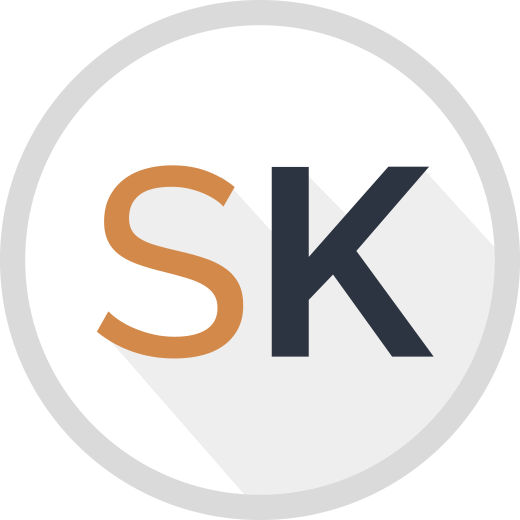The Best Book on Productivity I've Ever Read: A Review of Do More Better
How can I be more productive? Can I get more done? How can I learn to say “no" to the wrong things and “yes" to the right ones? It seems like I’m consistently losing or forgetting things I need to get done and the older I get, the busier I become and the more complex life seems to get. I know I need to do a better job of organizing my life, better stewarding the resource of time and having a more gospel-centric view of productivity and time management.
Enter Tim Challies and the book, Do More Better. When I read this book In January, I knew that it would end up on my Top 10 Books list of 2016. If you don’t know Tim Challies, then check out his work and his blog. He is a prolific blogger, author and book reviewer. One of my favorite things about him is that he's not afraid to take on the tough topics and responds in a biblical, Christ-centered way to a wide variety of issues.
I was ready to write a review of Do More Better in January, but thought it would make some sense for me to apply what I learned for a few months before writing my review. No exaggeration, but this book has changed the way I work and the way I manage my home and personal life. I’ve read plenty of books and articles on productivity and have listened to more than my fair share of productivity podcasts, but none have been more helpful than Do More Better. Here’s why I like this book so much:
1. In my job at Watermark in the marriage ministry (as learned from Simon Sinek in Start With Why), we like to start with the why before we address the how. In Do More Better, Challies does a great job of addressing the why. He helps the reader understand a theology of productivity and time management, and does a very effective job with the how by sharing three specific tools he uses to help manage his life.
2. Challies shows that you can write an effective book in just over 100 pages. He establishes a good theology of productivity and then gets practical.
3. He suggests practical, easy, cheap tools to use to help you Do More Better (Evernote, Todoist and Calendar).
4. You can pick and choose from what he suggests on what works well in your context and prior habits. In other words, you don’t have to buy/use the whole package he suggests. Grab what’s helpful for you and ignore the rest.
5. He provides some practical suggestions for daily and weekly reviews. Often my problem is that I start a good system but don’t establish a method of review moving forward. Challies addresses this and suggests some practicals tools to help you apply what you learn. I am nine months in and I’m using most of the practical suggestions he makes. It has changed the way I work and changed my schedule. The lessons I've learned have freed up space and time to invest in my family, friends and hobbies.
6. He includes two great bonus sections in the back of the book on learning how to Tame Your Email and 20 Tips to Increase Your Productivity. These two sections alone make the book worth buying.
7. Speaking of, the price is right. I've seen the Kindle version consistently priced at less than $6 and the paperback is around $10 ($8.49 at the time of this writing). #worthit
Conclusion:
This is the best book on productivity I’ve ever read. You might be able to say the same about other productivity books.
In reality, the best book on productivity is the one you’ll actually read and apply. The reason why I like this book so much is because it’s easy to read, helps you understand why we need to have a right view of productivity and because he provides the how to actually make it happen.
I’m nine months in, and this book has had a great impact on my life. I have a better system for getting more done, doing it better, and stewarding my time and resources. Check it out - it might do the same for you!

